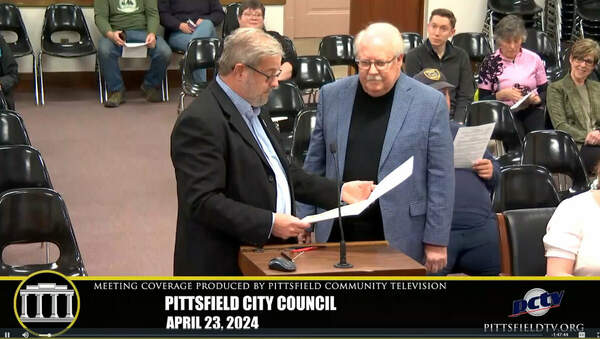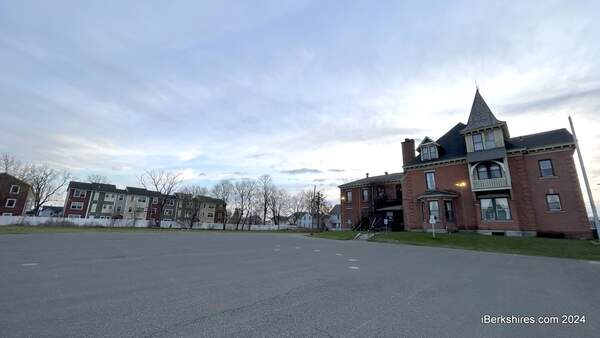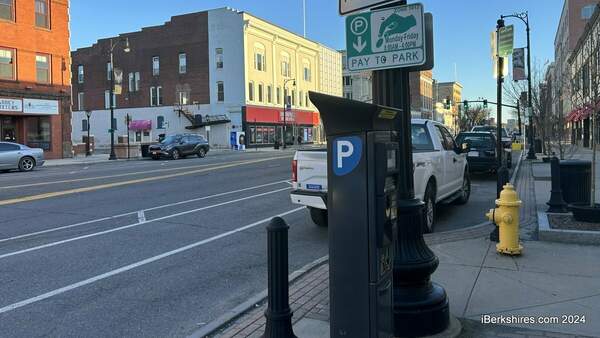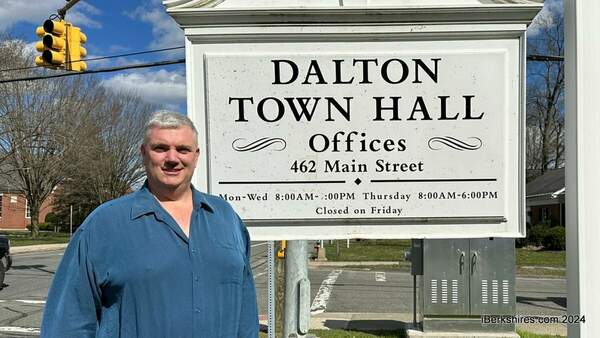Berkshire Economic Recovery Project Launches Technical Assistance Cohorts
PITTSFIELD, Mass. — 1Berkshire, in partnership with Berkshire Regional Planning Commission and with support from the United States Economic Development Administration announced the launch and the opening of registration for its first round of small business and organization technical assistance cohorts.
With five experts as technical assistance providers, this initial round of seven cohorts looks to support up to 49 small businesses and organizations over the course of the fall of 2021. Each individual cohort will be limited to seven participating businesses/organizations and will kick off with a required two-hour workshop.
Following the workshop, participants in each cohort will be given materials to complete before then receiving up to two hours of additional free one-on-one technical assistance from our expert resource providers.
Cohorts being provided for Fall 2021 include:
-
Starting Oct. 6 - Get Ready to Get Funded, with Robin Helfand
-
Starting Oct. 13 - Employee Engagement & Retention, with Karen Carswell & Lucy Steinert
-
Starting Oct. 20 - Essentials of Digital Marketing, with Francesca Olsen
-
Starting Oct. 28 - Don't Just Stand Up, Stand Out! with Carolyn Blitz *non-profits only*
-
Starting Nov. 4 - Get Ready to Get Funded, with Robin Helfand
-
Starting Nov. 10 - Employee Engagement & Retention, with Karen Carswell & Lucy Steinert
-
Starting Dec. 1 - Essentials of Digital Marketing, with Francesca Olsen
These technical assistance workshops are completely free to participating businesses and organizations, but registration is considered a commitment to fully participate in the entirety of the process, from kick-off, to independent prep work, to direct technical assistance and follow-up assessment.
As part of the Berkshire Economic Recovery Project, this is the first of a multiple series of technical assistance cohorts that will be conducted over the next 18 months. Ben Lamb, 1Berkshire Director of Economic Development notes,
"This is a benchmark moment when we are able to launch an entirely new set of resources to support businesses and organizations in a way they have directly told us they need," said Ben Lamb, 1Berkshire Director of Economic Development. "We are fortunate to have such a tremendous array of technical assistance providers committing to this project, and look forward to seeing the impact their expertise will have."
Registration will be filled on a first-come, first-served basis and is open immediately for all cohort sections. Once filled, registration will cease; however, interested individuals may request to be added to a waitlist. For additional information please contact the 1Berkshire Economic Development team at
economicdev@1berkshire.com.
Tags: 1Berkshire,
















